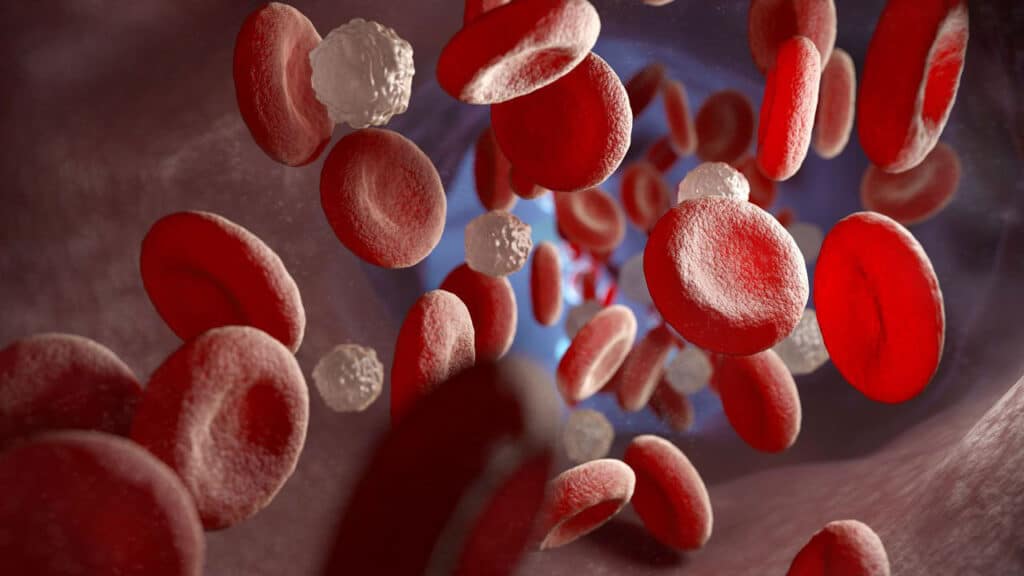The immune system is complicated and full of many parts, but some of its most important components are the type of white blood cells known as T cells. They play multiple roles in our immune response, ensuring we can fight off invaders not just now but in the future. Like so much of the body, they’re also affected by aging.
T cells start off in our bone marrow as hematopoietic stem cells. Then they move to the thymus, where they finish developing before being released. Roles include killing off infected and cancerous cells, making sure your body knows the difference between invaders and its own cells, activating memory B cells that learn to recognize antigens so you’re ready if you’re infected again in the future, and encouraging other types of cells to join the immune response.
Generally, we still have the same number of T cells when we’re old as we did when we’re young. This isn’t one of those cases where they’re irreplaceably lost. The problem is that as more and more T cells become specialized, adapting to the many infections and illnesses that you’ll likely experience throughout your life, there are less of them available for any new diseases.
This is why older people are particularly susceptible to new infections. It’s also why vaccinations may be less effective in the elderly. The T cells just can’t learn and respond in the same way. Latent infections, those received in youth that have never manifested symptoms, may suddenly surge to life because you’re less able to suppress them. Meanwhile, your immune system is also producing more inflammation without being able to get it under control again afterward.
Aging isn’t the only thing that can make the T cells less effective. Conditions like lymphocytopenia and various forms of immune deficiency can also cause problems. Some of these conditions are genetic, while others are acquired later in life. Some are treatable, but if you want to mitigate the general effect of aging, you need to live the healthiest life possible. Familiar advice like exercising regularly and trying the Mediterranean diet are the best recommendations we have, but we’re still not sure how they work on T cells.
The older we get, the more susceptible we become to disease and the more we need to care for our immune system if we want to live even longer.




